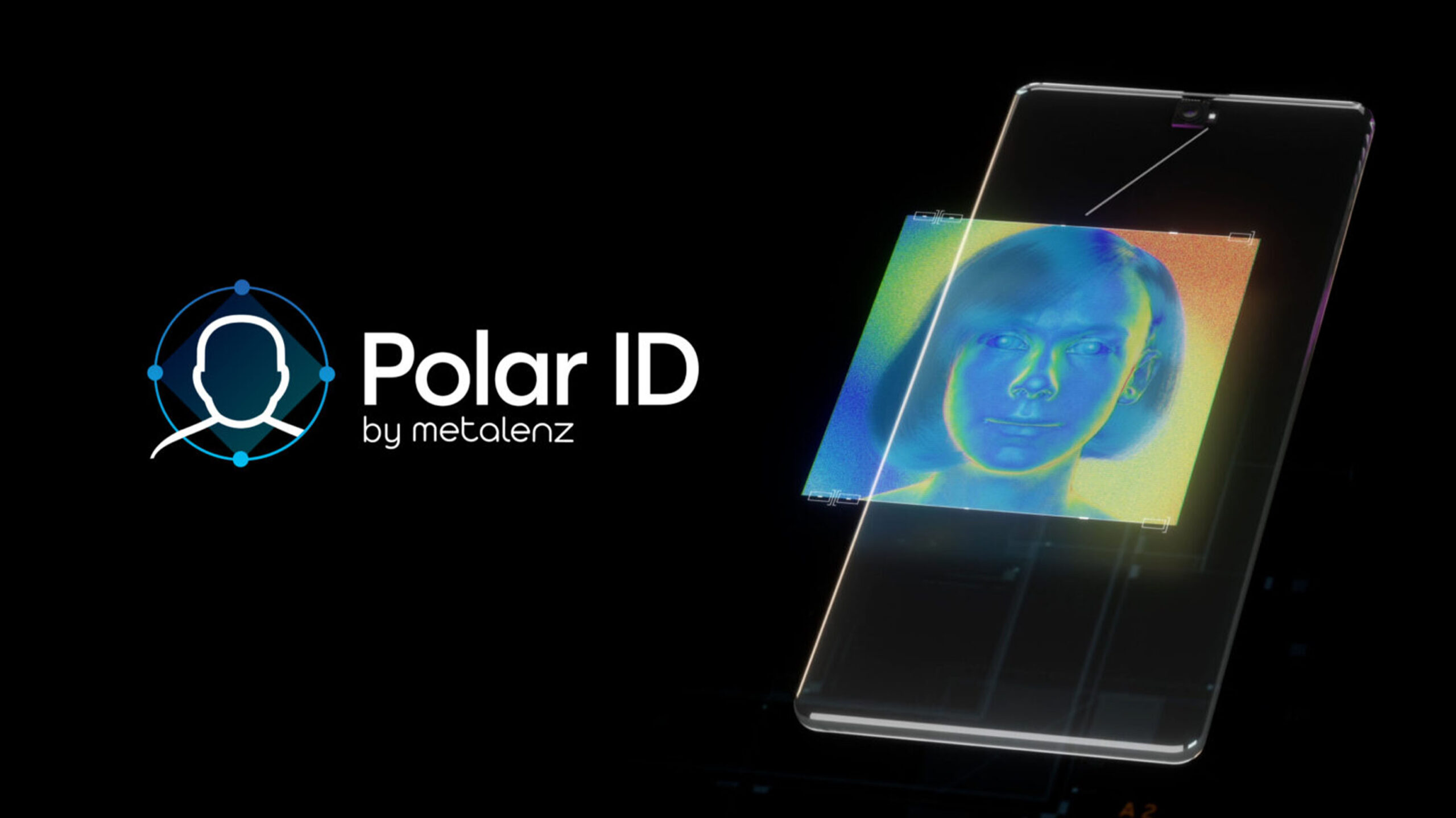
Future Android smartphones might get face unlock tech to rival (or even surpass) Apple’s Face ID.
Thanks to a startup called Metalenz, which was spun out of a Harvard lab, a new facial unlock technology dubbed ‘Polar ID’ could land in Android phones as early as 2025. The startup is already partnering with Samsung and Qualcomm, too.
According to Android Police, which went hands-on with Polar ID at MWC 2024, the tech brings several benefits over Face ID and other face unlock systems used in Android devices, like the Pixel 4, while also taking up significantly less space.
First, Polar ID is fundamentally different from Face ID, which uses infrared cameras and projects a dot matrix onto users faces to map it for authentication. This setup requires additional hardware and can take up a lot of space, hence the notch and Dynamic Island present on most modern iPhones. Polar ID, on the other hand, works by capturing polarized light bouncing off people’s faces, which can provide a unique signature like a fingerprint.
Polar ID uses special sensors it calls ‘metasurfaces’ that pack all the options from a regular camera with multiple lenses into a single 3D surface. These metasurfaces enable the sensor to directly capture polarized light with a camera that isn’t much larger than a typical smartphone selfie camera. Metalenz is also exploring other applications of the technology, like skin health features or air quality metering.
The startup partnered with Qualcomm to help integrate the necessary software and hardware into Snapdragon-powered smartphones. Meanwhile, Metalenz’s work with Samsung will see Polar ID come to the light engine of its Isocell Vizion 931 sensor.
Android Police reports that Metalenz showcased Polar ID at MWC using a reference device powered by the Snapdragon 8 Gen 3. Polar ID can’t be fooled with an image or a 3D-printed mask — in a demo, Android Police saw that polarization varies significantly between faces, images, and masks.
Finally, it’s worth noting that polarization-based identification isn’t in use yet outside of lab applications, but some smartphone makers are already experimenting with similar tech. According to Android Police, both the Pixel 8 Pro and Galaxy S24 use similar camera tech for depth-sensing features on the rear of phones.
This all sounds great and it’ll be interesting to see how Polar ID works in practice. However, it’ll be a bit of a wait, with Metalenz estimating that products with Polar ID could appear in 2025 at the earliest.
You can learn more about Polar ID here.
Header image credit: Metalenz
Source: Android Police
MobileSyrup may earn a commission from purchases made via our links, which helps fund the journalism we provide free on our website. These links do not influence our editorial content. Support us here.


